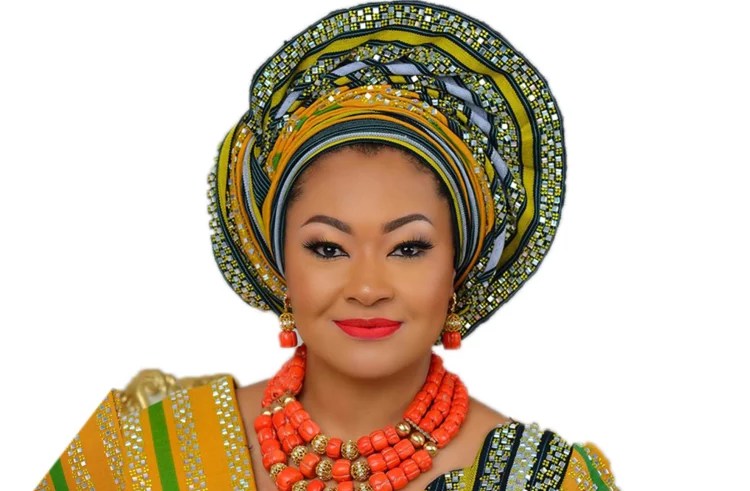The way women are shown in the media says a lot about how the society sees them. From Television to newspapers, blogs, movies, and social media, the picture we paint of women affects how they are treated in real life. In Nigeria, this issue is clear, and we see it every day. One of the cases that opened my eyes is that of Natasha Akpoti-Uduaghan, a Nigerian politician and lawyer who has faced both praise and unfair judgment because of how she is portrayed in the media.
Natasha is strong, educated, and focused on helping her people. But instead of just talking about her work or plans for her constituency, the media often focuses on things like her looks, marital status, or even rumors. For example, during her political campaigns, some news stories and social media posts focused more on what she wore than what she stood for. Others spread false stories just to bring her down. This shows how the media can either build or break a woman’s image, not based on facts but on stereotypes and personal opinions.
This problem is not just about Natasha. Many Nigerian women in public life face the same thing. Take Tiwa Savage, a top music artist. Even though she is talented and successful, the media often focuses on her private life, outfits, or supposed scandals more than her music. When a man in the same position does the same thing, he is seen as bold or hardworking. But when a woman does it, she is called names or told to “calm down.”
The biggest problem with this is that it affects how people think. If girls keep seeing women in the media shown only as housewives, victims, or people chasing fame, they may grow up thinking that’s all they can be. It limits dreams and kills confidence. Boys also learn from what they see, and if they always see women treated as second-class, they may grow up thinking it’s normal.
Movies and music videos are not helping either. In many Nollywood films, women are shown as either suffering wives, wicked stepmothers, or side chicks. These roles are repeated so much that people begin to think that’s how most women behave. In music videos, women are often used just to dance or show off their bodies. These images may look harmless, but over time, they shape how we value women.
It’s not all bad, though. Things are slowly changing. More women are speaking out and creating content that shows women in a better light. Nigerian women like Chimamanda Ngozi Adichie, who speaks about feminism and gender equality, are helping to change the narrative. Social media has also given women a chance to tell their own stories without waiting for mainstream media.
But we still have a long way to go. As a society, we need to support media that shows women as smart, capable, and diverse. Editors, producers, and content creators need to be more responsible with how they portray women. We must ask: What message are we passing on to the next generation?
In conclusion, the way women are portrayed in Nigerian media has a big impact on how they are seen and treated in society. People like Natasha have shown that women can lead and make a difference, but the media must do better to reflect that. Women are not just pretty faces or drama characters , they are leaders, thinkers, and changemakers. It’s time the media told that story too.


